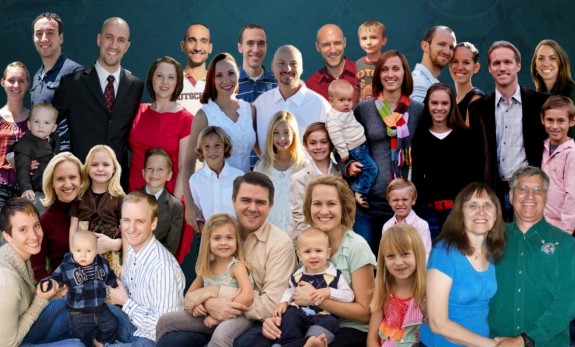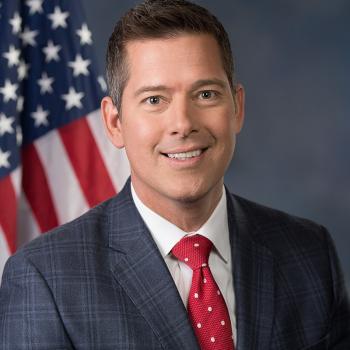How do you raise a large family today? Any parent will want to read this account in Quartz from engineer Francis L. Thompson:
My wife and I had 12 children over the course of 15 1/2 years. Today, our oldest is 37 and our youngest is 22. I have always had a very prosperous job and enough money to give my kids almost anything. But my wife and I decided not to.
I will share with you the things that we did, but first let me tell you the results: All 12 of my children have college degrees (or are in school), and we as parents did not pay for it. Most have graduate degrees. Those who are married have wonderful spouses with the same ethics and college degrees, too. We have 18 grandchildren who are learning the same things that our kids learned—self respect, gratitude, and a desire to give back to society.
We raised our family in Utah, Florida, and California; my wife and I now live in Colorado. In March, we will have been married 40 years. I attribute the love between us as a part of our success with the children. They see a stable home life with a commitment that does not have compromises.
Here’s what we did right (we got plenty wrong, too, but that’s another list):
Chores
Kids had to perform chores from age 3. A 3-year-old does not clean toilets very well but by the time he is 4, it’s a reasonably good job.
They got allowances based on how they did the chores for the week.
We had the children wash their own clothes by the time they turned 8. We assigned them a wash day.
When they started reading, they had to make dinner by reading a recipe. They also had to learn to double a recipe.
The boys and girls had to learn to sew.
Study time
Education was very important in our family.
We had study time from 6 to 8pm every week day. No television, computer, games, or other activities until the two hours were up. If they had no homework, then they read books. For those too young to be in school, we had someone read books to them. After the two hours, they could do whatever they wanted as long as they were in by curfew.
All the kids were required to take every Advanced Placement class there was. We did not let entrance scores be an impediment. We went to the school and demanded our kids be let in. Then we, as parents, spent the time to ensure they had the understanding to pass the class. After the first child, the school learned that we kept our promise that the kids could handle the AP classes.
If children would come home and say that a teacher hated them or was not fair, our response was that you need to find a way to get along. You need find a way to learn the material because in real life, you may have a boss that does not like you. We would not enable children to “blame” the teacher for not learning, but place the responsibility for learning the material back on the child. Of course, we were alongside them for two hours of study a day, for them to ask for help anytime.
That’s just the beginning. Read the rest.













